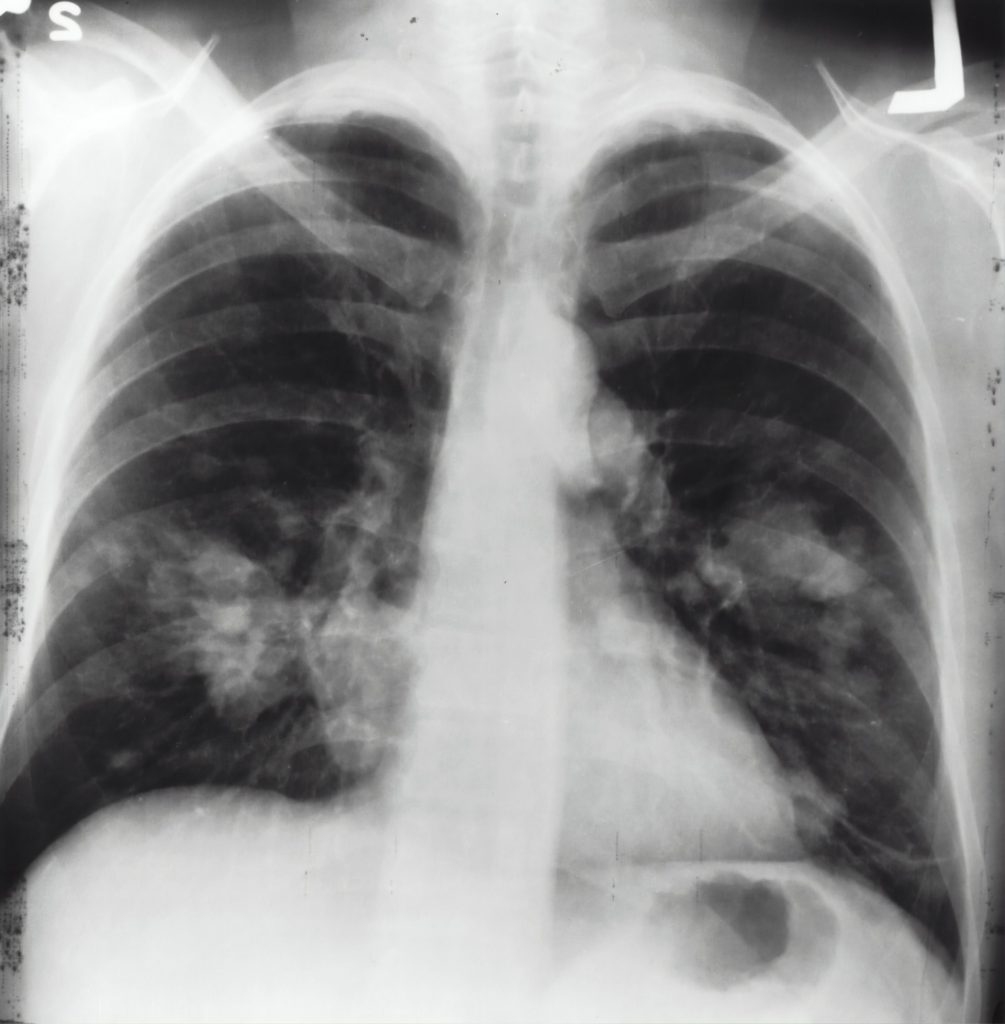Lung cancer is a horrible disease that claims over 100,000 American lives every year. A diagnosis can turn your world upside down and leave you feeling scared, anxious, and wondering what to do next. Everyone deals with tragedy in their life differently, and a lung cancer diagnosis is no exception. So how are you going to cope with a lung cancer diagnosis?
While this is a fairly common cancer, you may not know all the facts about the disease and treatment plans. Plus, an expensive medical journey can cause stress in other areas of your life. It is okay to feel overwhelmed. Just remember that you have a community of people around you to support you and life you up on your journey. Your mental health will also be important to monitor during this time. But with the right tools and the right community, you‘re on the right track to beating lung cancer.

Educate Yourself
Education is always the first step to combating a disease that seems unfamiliar. Here are a few facts about lung cancer just to get you started.
- A leading risk factor for lung cancer is smoking. So avoid smoking at all costs, and if you’ve been a smoker in the past, consider getting screened for lung cancer.
- While smoking does often lead to lung cancer, non-smokers can be diagnosed as well. Any exposure to toxic material in the air can put you at risk.
- There are several kinds of lung cancer. Non-small cell lung cancer is most common, but small-cell lung cancer and mesothelioma make up most other cases. Your doctor will be able to provide specific information on your diagnosis.
- Improvements are being made every day. Through work on targeted therapies and experimental medicine, doctors continue to find better, more effective cures for lung cancer.
Finding a Treatment Plan
The more you know, the more you can be involved in your treatment plan. You will work with a team of cancer care doctors and nurses. You may also work with cancer researchers on clinical trials. Be an active part of your treatment plan by discussing treatment options openly. Cancer clinics throughout the country, like the Rockville, MD cancer treatment center, are working on groundbreaking treatments to help find a cure.

Settling your Finances
Cancer treatment can be extensive and require a lot of financial resources. Good health insurance should help cover your treatment plan, but you still may have to pay out of pocket for surgeries, medicines, and other expenses. Talk with a financial planner about options for financing your treatment.
One option for patients facing a terminal diagnosis to explore is a viatical settlement. These settlements allow life insurance policy-holders to sell their policy at a discount and receive their payment immediately. The viatical meaning translates to “provisions for a journey.” These services give you financial security while you battle cancer and prepare for end-of-life expenses. As a policy owner, you have the opportunity to broker viatical settlements to save your family money and avoid going into debt.
Ask for Help
Cancer can be a hard journey, but you don’t have to go through it alone. This is a time to rely on your family and friends to help with the little things that may feel too exhausting to accomplish. Making meals, running errands, or even just hanging out with you during treatment are all things your family wants to do to help ease your burden. Rely on them, and also rely on other individuals going through the same thing. Support groups help remind you that you aren’t fighting alone.

Find Your Fight
You’re going to need a fighter’s attitude to get through cancer. So when you get your diagnosis, find a game plan for how you’re going to fight and win. How will you cope? What will help you find a new lifestyle you can still enjoy amidst treatment? What changes are you going to make in your life so you beat this cancer? Whatever motivates you, hold on to that. This journey may be exhausting and draining at times, but as long as you find your motivation and drive, you’ll be ready to fight to win.









